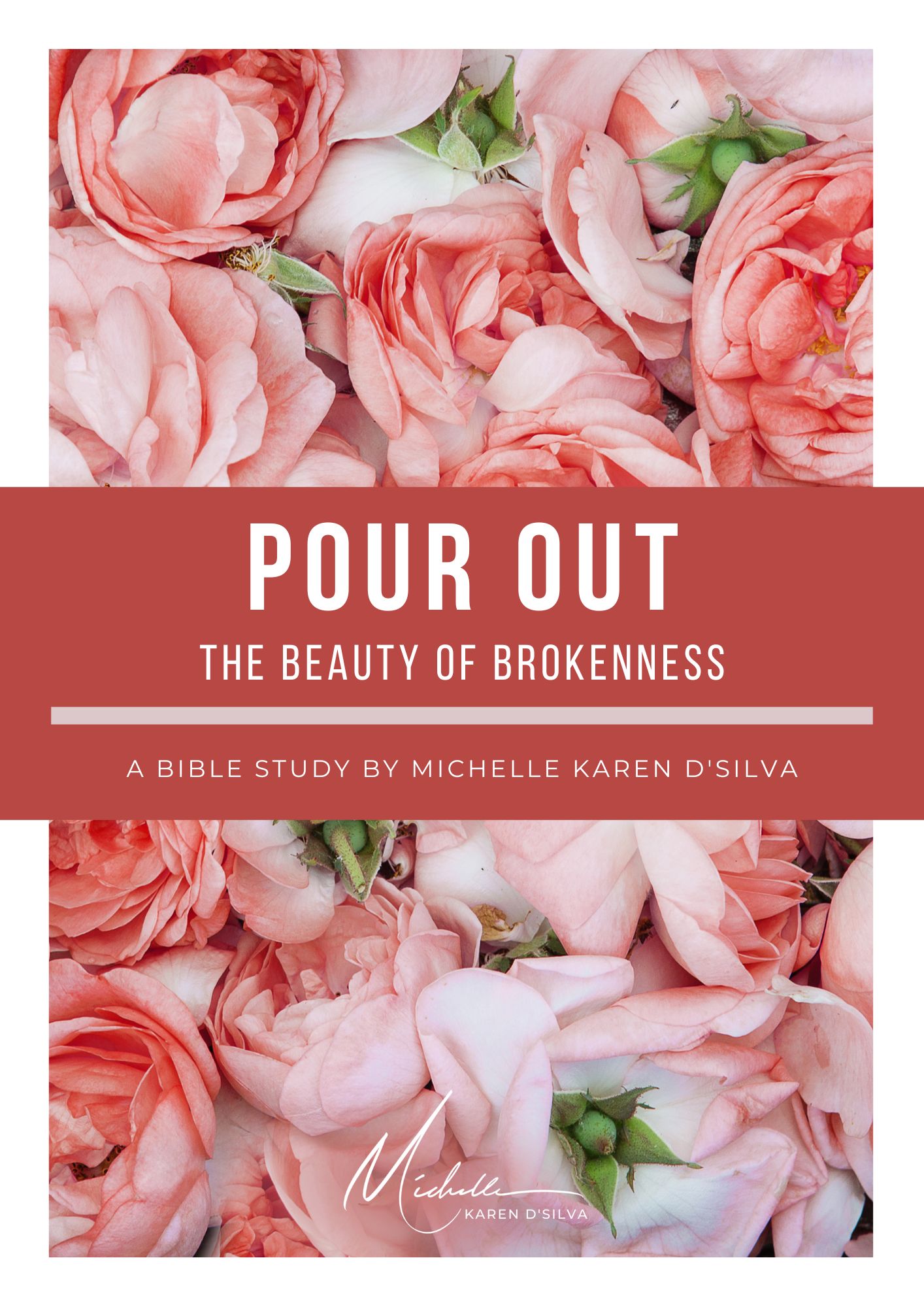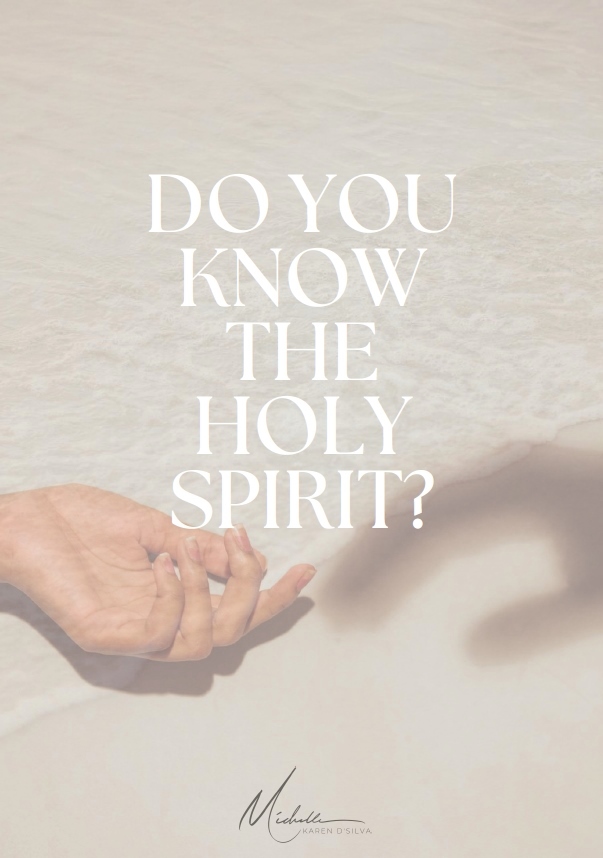THE VIRTUE OF MODESTY
When my daughter was small, the fashion world had little impact on her clothing choices. I could relax knowing that she would happily put on anything that I gave her. But as she grew older and her world enlarged, so did her perception of fashion. She is 14 years old now and a diehard fan of Haikyu!!, the Japanese animated series about volleyball. Thankfully, current fashion is confined to anything from sporty over-sized jackets to loose high-waist pants. But given my own experience with youth ministry, I can tell you that I have often had to step in and intervene when a teen has been inappropriately dressed.
Kids’ and teen clothing represent a multibillion-dollar industry. Young girls are bombarded every day with sensually stimulating images in the media. Notably, “teens” today are often classified as children between ages 8-13: in marketing categories as in life, children are growing up faster than ever before. In such a culture, we inevitably see changes not just in the clothes that are being adopted, but also in attitudes toward life.
Redefining Modesty
Webster’s dictionary defines modesty as something that avoids “indecency,” being “reserved” in sexual matters and “unpretentious” in appearance. But each of these terms is relative; in our hypersexualized culture, slippage is inevitable. This is doubly true in a society that everywhere inculcates the belief that beauty is a status symbol, rather than a quality that radiates from within. When I was in high school, for example, exposing a bra strap would have been extremely embarrassing for a teen girl. Today, it’s considered a fashion statement. Such distorted standards of beauty serve only to objectify women, not elevate them. Without definitive benchmarks, we might go around in circles trying to figure out what is appropriate and what is not.
The Catechism of the Catholic Church states, “Purity requires modesty, an integral part of temperance. Modesty protects the intimate center of the person. It means refusing to unveil what should remain hidden. It is ordered to chastity to whose sensitivity it bears witness. It guides how one looks at others and behaves toward them in conformity with the dignity of persons and their solidarity” (CCC 2521).
Modesty protects the beauty and dignity of the body. Modesty reflects our desire to protect the dignity of others, for we are all made in the image and likeness of God.
This is our benchmark. This is where we segregate truth from the lies endemic in media. The ways we dress, act, and speak are powerful communicators of what we believe, what we desire, and how we uphold human dignity. The way we dress also sets the tone of our relationships and serves to maintain appropriate boundaries that reserve physical intimacy for marriage.
We therefore realize that modesty at its core is not an item of clothing; it has nothing to do with long skirts and low-cut tops.
Modesty is a demeanor, a mindset. It is based on Truth; therefore, it is a virtue. The root of modesty is not how we look but rather how we see ourselves for who we are.
Am I beautiful? Am I worthy of love? If our thinking is immodest, that will show. We can put on all the “modest” clothes we’d like, but still fall short of modesty.
But when we discover who God made us to be, our thoughts will be oriented towards protecting and safeguarding the dignity of others as ourselves. We will ask: What message am I sending guys when they see a low neckline or a slit halfway up my skirt? How does my choice of my clothing reflect my self-image and the image of God within me? Ultimately, the choice towards virtue is never an isolated one. It always affects the world around us.
In his book, The Heart of Virtue, Donald DeMarco writes, “The modest person does not draw undue attention to himself. He is self-assured but not self-absorbed. He is temperate in dress, language, and comportment and has a strong sense of his value of privacy. He knows that being a person is fundamentally incompatible with being an object for public consumption. He has a healthy sense of himself as he is less concerned about how others view him.”
Wrestling Wardrobes
As a mother, setting rules for wardrobes often feels like a wrestling match. It is important for us to establish rules, but equally important to have open conversations—lest we appear defensive with our, “Because I said so!” I have seen Kristen cringe when I force certain wardrobe changes, but I have also seen her joyfully cooperate. When we engage in honest, meaningful dialogue, she is much more likely to grasp my inner logic. By helping our children understand why modesty is such an important characteristic, we teach them to make wise, independent decisions.
We need patience. Let us not make the common mistake of assuming that our girls will always follow automatically. Like it or not, conflict is part of the job description of every parent. When your daughter pushes back, don’t fly off the handle or lose your cool. Maintain what you have spoken and be willing to have those conversations all over again. Time is never wasted when it is invested toward eternal gains. I also take time to investigate certain TV programs, videos, movies, and music to see how their influence might negatively alter or shape our children’s lives.
Modern-Day Influencers
As with any spiritual gift, our great gift of feminine beauty comes with great responsibility. Women have such a unique and irreplaceable influence on their cultures. We can either see modesty as a stereotype or as a soulful endeavor towards sainthood. We can view our role as a burden or use our experience to exhibit true beauty. We need godly women (who can be fashionable) to lovingly challenge the typical stereotypes and encourage women and young girls to see their true worth and value through the lens of scripture. We need constant reminders that we are created in God’s image, and that we exist to reflect His beauty and His glory. We need to constantly ask: In what ways does my lifestyle influence modest behavior? What/Who is the source of my dignity?
When we know who we are, our beauty becomes a reflection of God’s own beauty within us. Such beauty is life-changing and transforming. It is therefore so important that we speak these truths over our daughter’s lives and appraise their appearance by affirming godly character. We need to counteract our culture’s influence by placing value on what God values. Preparing your daughter to follow God’s standards is a gift that will last a lifetime.
Today is a good day to ponder: Why do I want to be validated by the world’s standards? Why don’t I want to be free from vanity, pretentiousness, and the all-too-common “look at me!” attitude? I know how it feels to be fed the common lies that life in the spotlight will be glamorous, beautiful, and lucrative. Yet instead of enhancing beauty, that glaring light only serves to hide more insecurity within.
Sisters, how often we forget that modesty begins in the heart. How often we forget the intrinsic, irreplaceable worth and value with which we are created.
Authentic beauty always points back to God. This is what declares us already beautiful; this is what lets true beauty shine forth.
Clothed in Grace
More than anything, pray! Pray for your daughters, your sisters, and your friends. Pray fervently that they will have a heart that seeks to know God. Cling to the Holy Spirit. He is with us. No one can live this virtue of modesty—or any virtue, for that matter—without the grace of the Holy Spirit. I would encourage learning from our saint companions. Look up a saint who can accompany you on this journey (Examples: St. Catherine of Siena, St. Dominic Savior, Blessed Mother Teresa of Calcutta, Blessed Pier Giorgio Frassati).
Another great way to grow in virtue is to make a list of what the culture says about fashion and the human body and look up corresponding truths from scripture.
Finally, let us make time to speak to a broken sister who has forgotten her invaluable worth in Christ. Let us encourage each other, affirm one another, and together fight the battle to “Rather, let your adornment be the inner self with the lasting beauty of a gentle and quiet spirit, which is very precious in God’s sight” (1 Peter 3:4).








